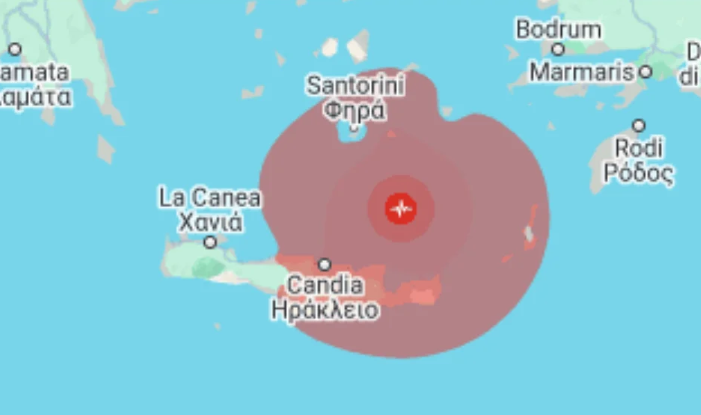WASHINGTON (Reuters) – President Donald Trump will make his case to Americans on Tuesday that a wall is urgently needed to resolve what he calls a crisis at the U.S.-Mexico border, trying to make good on a campaign promise in a dispute that has sparked an 18-day partial government shut-down.
Trump’s prime-time address, scheduled for 9 p.m. (0200 GMT Wednesday) will be the Republican president’s latest attempt to persuade Democrats to back his push for a steel barrier on the southern border.
Amid his talk of crisis, Trump is considering declaring the border situation a national emergency, which could get him out of an impasse by enabling him to bypass Congress’ mandate to approve federal spending and to build the wall without its approval. However, such a step would likely face an immediate legal challenge.
The White House has not said why the situation might constitute a national emergency. In television interviews on Tuesday morning, Vice President Mike Pence said Trump would tell Americans there is “a humanitarian and security crisis” at the border.
“We believe we can solve this through the legislative process,” Pence told CBS, urging Democrats to negotiate. He did not say whether Trump had made a decision about declaring a national emergency or if the White House had completed its legal review of such a declaration.
Trump has long maintained that a border wall is needed to stem the flow of illegal immigration and drugs, and in recent weeks has made the issue a priority. Democrats, who now control the House of Representatives, have consistently opposed it, calling it an expensive, inefficient and immoral way of trying to resolve immigration issues.
The dispute over wall funding – with Trump demanding $5.7 billion to help build it – led to a stalemate in Congress over funding for parts of the government. About a quarter of U.S. agencies have been shut down since last month and hundreds of thousands of government workers are likely to miss pay checks this week.
Trump’s remarks on Tuesday evening will also aim to shore up support among Republican lawmakers, who are wary of potential backlash from the public as the shutdown drags on. Pence was scheduled to meet with Republican lawmakers before Trump’s speech.
When asked about the chance of Trump using his speech to declare a national emergency, White House adviser Kellyanne Conway told reporters:
“He is not talking about that at all. He is not giving a likelihood. He is not saying yes or no.”
A growing proportion of Americans blame Trump for the government shutdown, although Republicans mostly support his refusal to approve a budget that does not include funds for the wall, according to a Reuters/Ipsos poll released on Tuesday.
While Trump has frequently painted a picture of an “unprecedented crisis” of illegal immigration at the U.S.-Mexican border, illegal crossings there have dropped dramatically in recent years. There were nearly 400,000 apprehensions on the border in the 2018 fiscal year, far down from the early 2000s when arrests regularly topped 1 million annually.
But in recent years, the border has seen many more Central American families and unaccompanied children turning up – sometimes in caravans of thousands of people – to seek asylum and the government does not have the facilities to take care of them. Such asylum-seekers often present themselves at official crossing points, something that would not change if a wall were built.
Despite the focus on the border with Mexico, most immigrants living in the United States without authorization entered with visas and then stayed on when their documents ran out.
NOT THE ‘AMERICAN WAY’
All major U.S. television networks agreed to broadcast Trump’s speech, prompting Democrats to seek equal air time. House Speaker Nancy Pelosi and Senate Democratic Leader Chuck Schumer will deliver a televised response after Trump speaks.
Democrats have said they support increased border security measures such as additional U.S. border agents and technology, but have rejected the administration’s claims about the security risks at the border and have raised concerns that Trump will use his speech to present a false narrative.
House Majority Leader Steny Hoyer said House Democratic leadership have not yet worked out how to respond if Trump declared a national emergency in order to circumvent Congress and build a wall.
But he said that if Trump did use a national emergency, the president would be like authoritarian leaders of other nations who use martial law to circumvent the rule of law.
“We don’t think that’s the American way,” Hoyer told reporters on Tuesday.
Trump will continue pressing his case for the wall with a trip to the border on Thursday.
Federal employees will feel the pinch from the shutdown on Friday, when they will miss their paychecks for the first time, unless a deal is reached. The shutdown, which has left some 800,000 government workers furloughed or working without pay, is also affecting national parks, airline security screening, housing and food aid, and economic data.
Trump’s promise of a wall was a signature issue in his 2016 White House run. He said Mexico would pay for it, although Mexico was always clear it would not, and he has now turned to Congress for the money.
In rejecting Trump’s demands, Democrats also point to the Trump administration’s controversial handling of families and other migrants from Central America at the border.
Critics have decried the previous separation of migrant children from families, the use of tear gas at the border and the case of two Guatemalan migrant children who died in U.S. custody in December.
Reporting by Jeff Mason; Additional reporting by Susan Heavey, Alex Alper and Ginger Gibson in Washington and Kenneth Li and Mica Rosenberg in New York; Writing by Alistair Bell; Editing by Frances Kerry






Leave a Reply